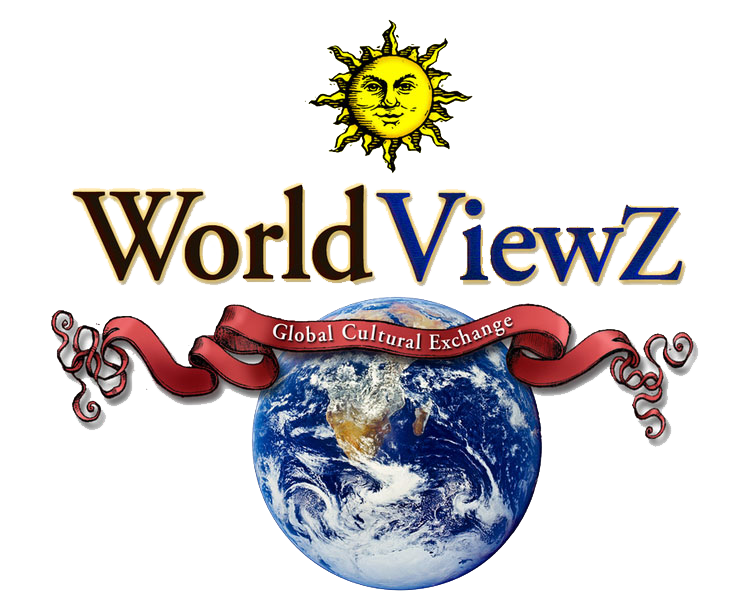Human Origins and Antiquity: A Transcultural Perspective
by Michael A. Cremo
Michael will explore accounts of extreme human antiquity found in various cultural traditions, such as the Vedic society of India and the Buddhists. He will also review archeological evidence consistent with these accounts of extreme human antiquity—discoveries of human bones, artifacts, and footprints showing that modern man have existed on earth for millions of years. This presentation features a review of transcultural accounts demonstrating that we are beings of matter, mind, and consciousness, and are part of an entire cosmic hierarchy of beings.
Who are we, and from where did we come? We are told by the scientific establishment that we are machines made of molecules, and that our human form first appeared between 200,000 and 300,000 years ago, having evolved from more primitive apelike ancestors. As far as consciousness is concerned scientists tell us it is nothing more than a product of brain chemistry. Many people accept these very materialistic ideas about our origins. And it is thus not surprising that our human society has become extremely materialistic. We think that to produce and consume more and more material things, in competing groups, is the main purpose of human life. This contributes to the environmental crisis, and to the intense levels of violence and conflict in the world. We are destroying our planet. We are destroying ourselves. It is time to take notice of what the representatives of the world's traditional wisdom traditions have known for a long time. We are not simply machines made of matter. We are beings composed of matter, mind, and consciousness, or spirit. We should satisfy our material needs in a simple, natural, efficient, and fair way, investing most of our human energy into developing the resource of consciousness. The universe has a purpose, and the human form of life is the vehicle that allows us to fulfill that purpose. The evidence suggests that we did not evolve up from matter. Instead, we have devolved from pure consciousness. By a process of re-evolution, we can return to that realm of pure consciousness.
About Michael Cremo, also known as the ‘forbidden archeologist’, is hailed as a groundbreaking research pioneer and international authority on archeological anomalies. His landmark bestseller, Forbidden Archeology, first published in 1993, already translated into 26 languages, challenged the very foundation of Darwinian evolution. Michael continues to “dig up” enigmatic discoveries in the fossil record and “shake up” accepted paradigms, exploring famous archeological sites around the world, journeying to sacred places in India, appearing on national television shows in the United States or other countries, lecturing at mainstream science conferences, or speaking to alternative gatherings of global intelligentsia. As he crosses disciplinary and cultural boundaries, he presents to his various audiences a compelling case for negotiating a new consensus on the nature of reality. He is a member of the World Archeological Congress and the European Association of Archaeologists as well as a research associate in history and philosophy of science for the Bhaktivedanta [Bach tee vay {vay rhymes with say} danta - {danta rhymes with font}] Institute.
After receiving a scholarship to study International Affairs at George Washington University, Michael began to study the ancient Sanskrit writings of India known as the Vedas. In this way, he has broadened his academic knowledge with spirituality from the Eastern tradition.
Recent Books:
Cremo, M. A., and Thompson, R. L. (1993) Forbidden Archeology. San Diego: Bhaktivedanta Institute (reviews and notices in American Journal of Physical Anthropology, Geoarcheology, Journal of Field Archeology, Antiquity, Journal of Unconventional History, L'Homme, L'Anthropologie, British Journal for the History of Science, Social Studies of Science, and Ethology, Ecology, and Evolution. Translated into German as Verbotene Archaeologie (1994) Essen: Bettendorf.
Works in Progress: Forbidden Archeology II
Cremo, M. A., and Thompson, R. L. (1994) The Hidden History of the Human Race. Badger: Govardhan Hill. Popular edition of Forbidden Archeology. (Spanish, Italian, Japanese, Hungarian, Polish, and Russian rights sold, other translation rights under negotiation).
Cremo, M. A., and Goswami, M. (1995) Divine Nature: A Spiritual Perspective on the Environmental Crisis. Los Angeles: Bhaktivedanta Book Trust (released on Earth Day, April 22; 200,000 copies in print).
Cremo, M.A. (1998) Forbidden Archeology’s Impact. Los Angeles, Bhaktivedanta Book Publishing.
Cremo, M.A. and Thompson, R.L. (1999) The Hidden History of the Human Race. Los Angeles: Bhaktivedanta Book Publishing. Popular softbound edition of Forbidden Archeology.
Cremo, M.A. (2003) Human Devolution: A Vedic Alternative to Darwin’s Theory, Los Angeles: Bhaktivedanta Book Publishing.
Cremo, M.A. (2010) The Forbidden Archeologist: The Atlantis Rising Columns of Michael A. Cremo,
Los Angeles: Bhaktivedanta Book Publishing.
Cremo, M.A. (2012) My Science, My Religion: Academic Papers (1994-2009), Los Angeles: Bhaktivedanta Book Publishing.
Websites
http://www.mcremo.com , http://www.mysciencemyreligion.com , http://www.forbiddenarcheologist.com
http://www.humandevolution.com , http://www.forbiddenarcheology.com
Michael can be contacted via his website email address: mail@mcremo.com
facebook.com/MichaelCremoItsReallyMe.com
About the Bhaktivedanta Institute
The Bhaktivedanta Institute (BI) is the scientific research branch of the International Society for Krishna Consciousness. Founded in 1976 by His Divine Grace A.C. Bhaktivedanta Swami Prabhupada, it advances the study of the nature and origin of life, utilizing Vedic insights into consciousness, the self, and the origin of the universe.

